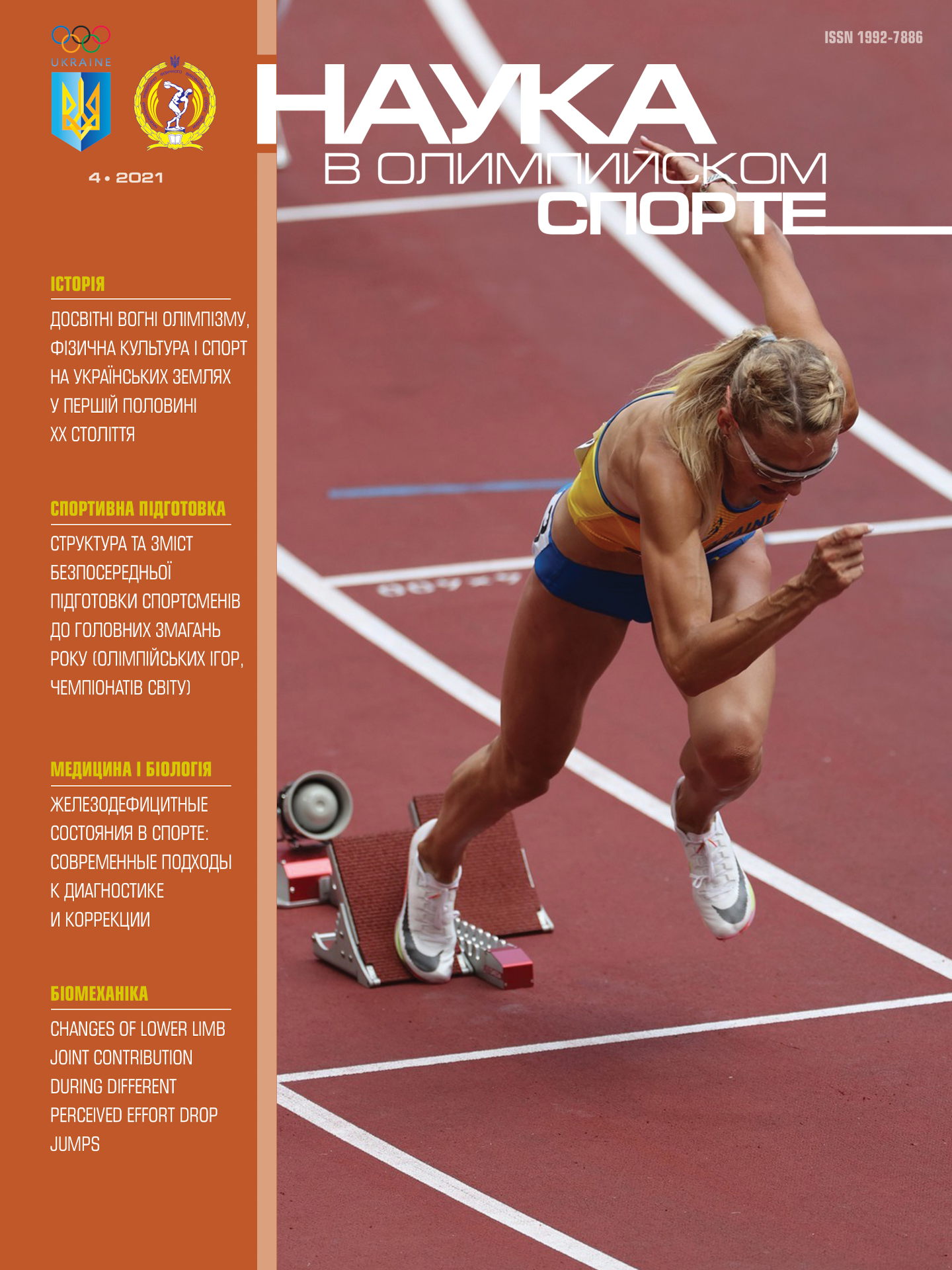Abstract:
The article presents an analysis of foreign studies on the motivational climate as a long-term regulator of activity and mental states of athletes of different ages and gender with different sports qualification. The motivational climate is understood as the system of expectations, values, rewards and reproaches set by the social environment of athletes, which influences the development of their own motivation. In studies, two types of motivational climate are mainly compared: a climate that focus athlete on self-improvement and attainment of set goals, known as task-oriented climate, and a climate that focus athlete on self-assertion, called ego-oriented climate. Evidence are provided for a positive impact on the activity of athletes in training, readiness for self-improvement, resistance to stress and mental burnout, and cooperation with partners in preparing task-oriented motivational climate. Promising directions of researches on the motivational climate as an essential regulator of athletes’ activities are discussed.













